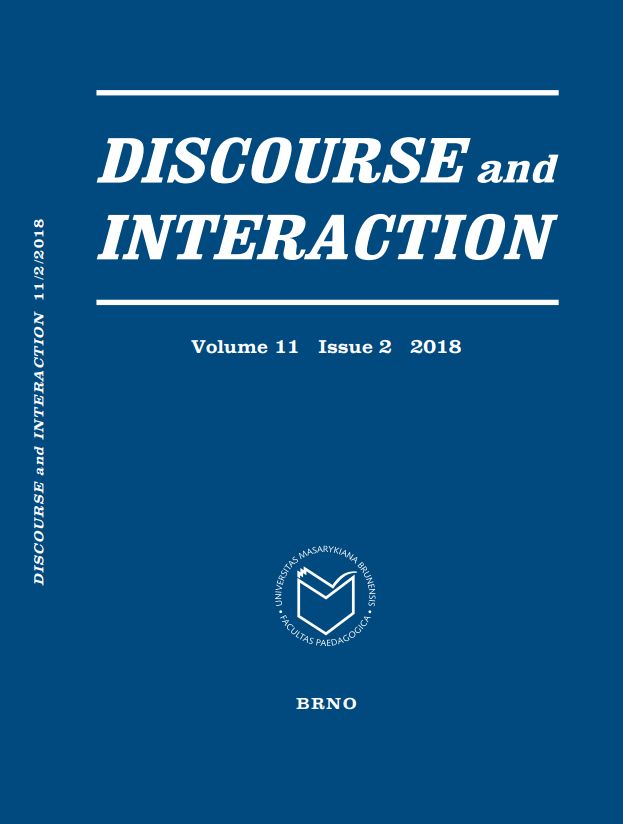Analysis of the UK prime ministerial discourse on Brexit: Thematic choices and their implications
Analysis of the UK prime ministerial discourse on Brexit: Thematic choices and their implications
Author(s): Ray C. H. LeungSubject(s): Language and Literature Studies, Theoretical Linguistics, Applied Linguistics, Syntax, Lexis, Semantics, Pragmatics, Sociolinguistics, Descriptive linguistics, Philology
Published by: Masarykova univerzita nakladatelství
Keywords: systemic functional linguistics; thematization; Brexit; Theresa May; discourse analysis
Summary/Abstract: This study of political discourse focuses on three selected texts about Brexit delivered by British Prime Minister Theresa May in early 2017. The texts represent three rare occasions on which May revealed to the public in detail what “negotiating objectives” the government has for Brexit. The three texts are: (i) the Lancaster House speech; (ii) Britain’s Article 50 notification letter; (iii) May’s oral statement in Parliament on the notification letter. Analytic tools from systemic functional linguistics (SFL) were employed to investigate the thematic choices in these three texts. The findings shed light on the interface between discourse and ideology. For example, frequent reference to the British society in the experiential Themes of the Lancaster House speech suggests that May tries to give prominence to the voice of the British people while addressing the general public. In the Article 50 notification letter, textual Themes which signal an adversative relation construe May’s optimism about the prospect of Brexit. Furthermore, the first-person plural pronoun we in the thematic position serves multiple purposes, one of which is to establish solidarity between Britain and the European Union. The current research underscores the contributions of SFL thematic analysis to the study of ideology in discourse.
Journal: Discourse and Interaction
- Issue Year: 11/2018
- Issue No: 2
- Page Range: 45-64
- Page Count: 20
- Language: English

